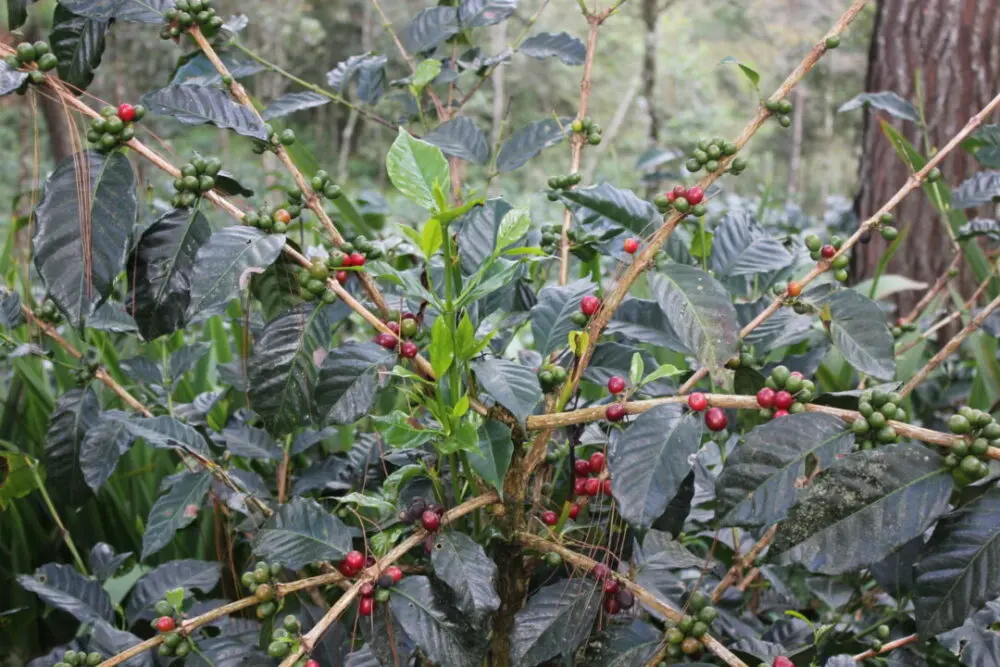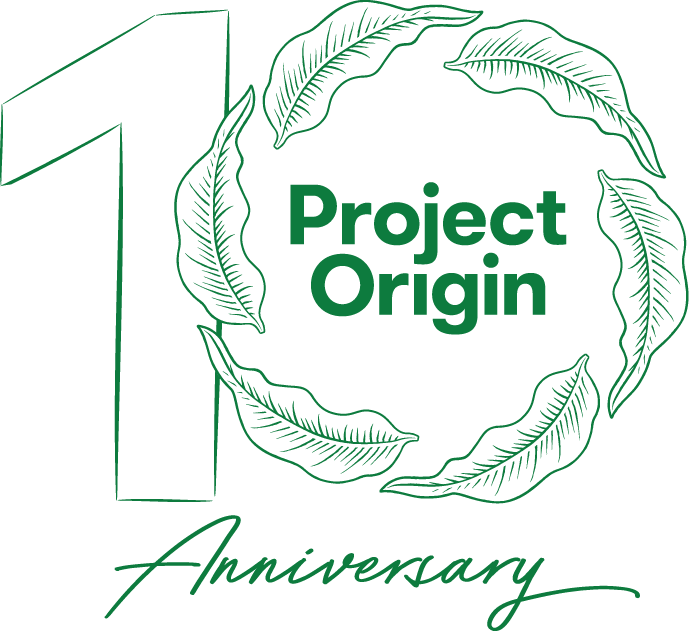

Our friends Don Fabio Caballero, his daughter Marysabel and her husband Moises are coffee producers at their two farms San Francisco and Mogola in the Marcala region of Honduras. Here, they utilise raw materials that they both find and produce at their farms to create a home-made, organic fertiliser that is used to improve the nutrients in the soils.
At the farms, this family uses a mixed fertilisation process, meaning they apply both chemical fertilisers in conjunction with organic materials. The most commonly used organic materials include chicken manure or “gallinza”, cow manure and coffee pulp.
Marysabel and Moises explain how they make their fertiliser by simply mixing all these raw materials together and adding in lime stone if possible, or in rare occasions, ash. In the case where all of these materials are not available, they directly apply the available raw material individually. The results of using these organic materials can be seen in the improvement of the natural soil structures.
Of course, with coffee pulp being a prevalent material at a coffee farm, this is commonly used in home-made fertilisers as it can return the coffee trees’ own nutrients back into the soils. But it is not as effective as you might assume. Marysabel and Moises shared with us from their own knowledge and research that it takes the pulp produced from 10 acres to fertilise just 1 acre of land. The cherries have already worked hard to provide nutrients and flavours to the coffee beans, and there is not enough left in them to then return nutrients into the soil at a 1:1 ratio.
The combined space of Mogola and San Francisco is expansive, and there is a lot of ground to cover. Literally. The sheer volume of raw materials required to cover this area is great, and so this is where the Caballero family find benefits in using their mixed fertilisation process. In fact, it would take 3-5kgs of raw organic matter per plant to fertilise most effectively. This is a huge volume of matter, and so the addition of chemical fertilisers allows them to sustain their use of these materials and keep the farm operating and the trees growing healthily. It is important not to for-go the chemical fertiliser and under fertilise the trees and soils as this could result in decreased yields.
Sustainability refers to more than just environmental practices. A business has to be operationally and economically sustainable too, and Moises, Marysabel and Don Fabio are able to practically maintain their farms at a healthy and thriving level by using these fertilising techniques and materials. It is these initiatives considered and fuelled by producers that are part of what makes their harvests so unique. It is beneficial to begin introducing organic fertilisers and processes for agricultural products, but it would be unfair of us on the consumption side to assume that this should be a standard. We love hearing about the work from Don Fabio, and we continue to be excited by the results of his sustainable efforts and delicious cherries each harvest.
We acknowledge the Traditional Owners of the land on which we work, the Ngunnawal people. We pay our respects to elders past, present and emerging.
